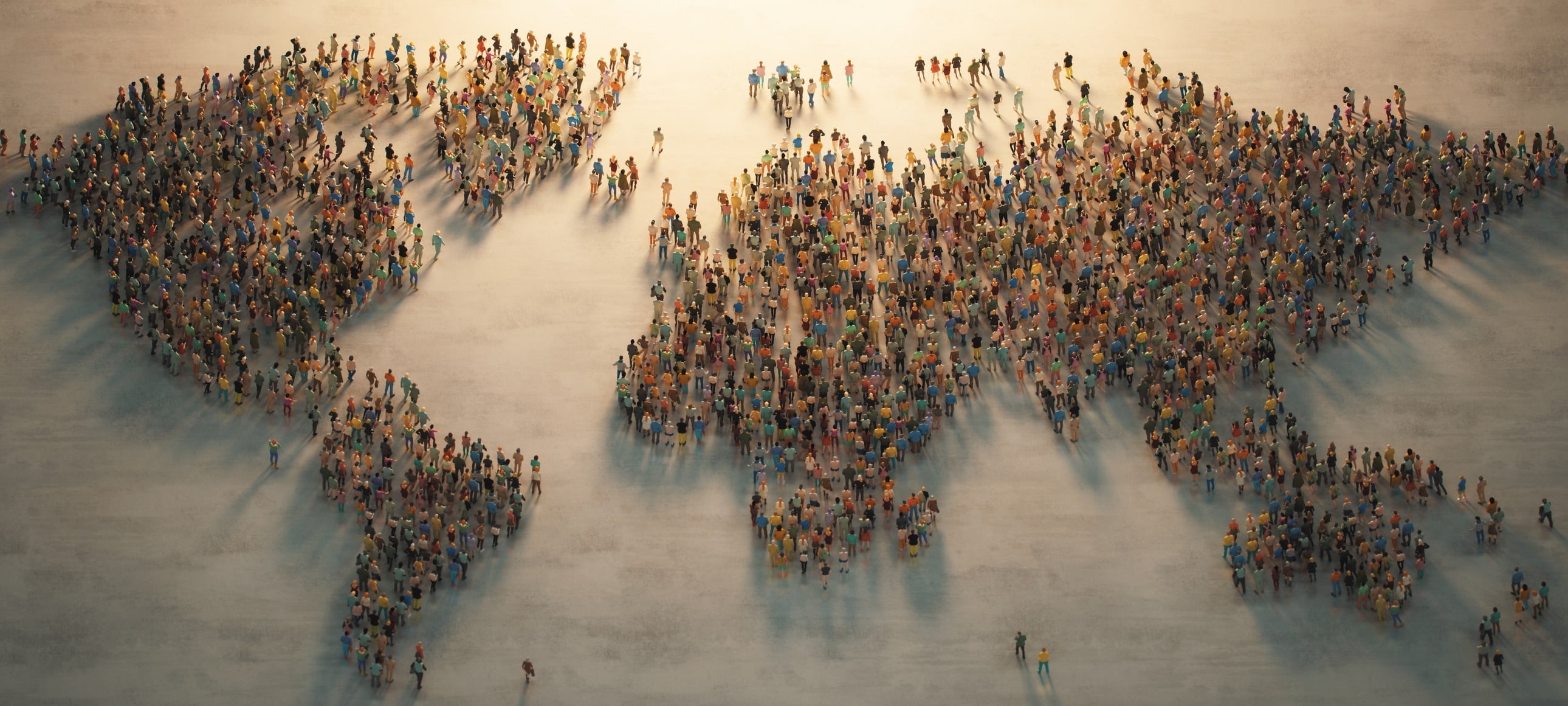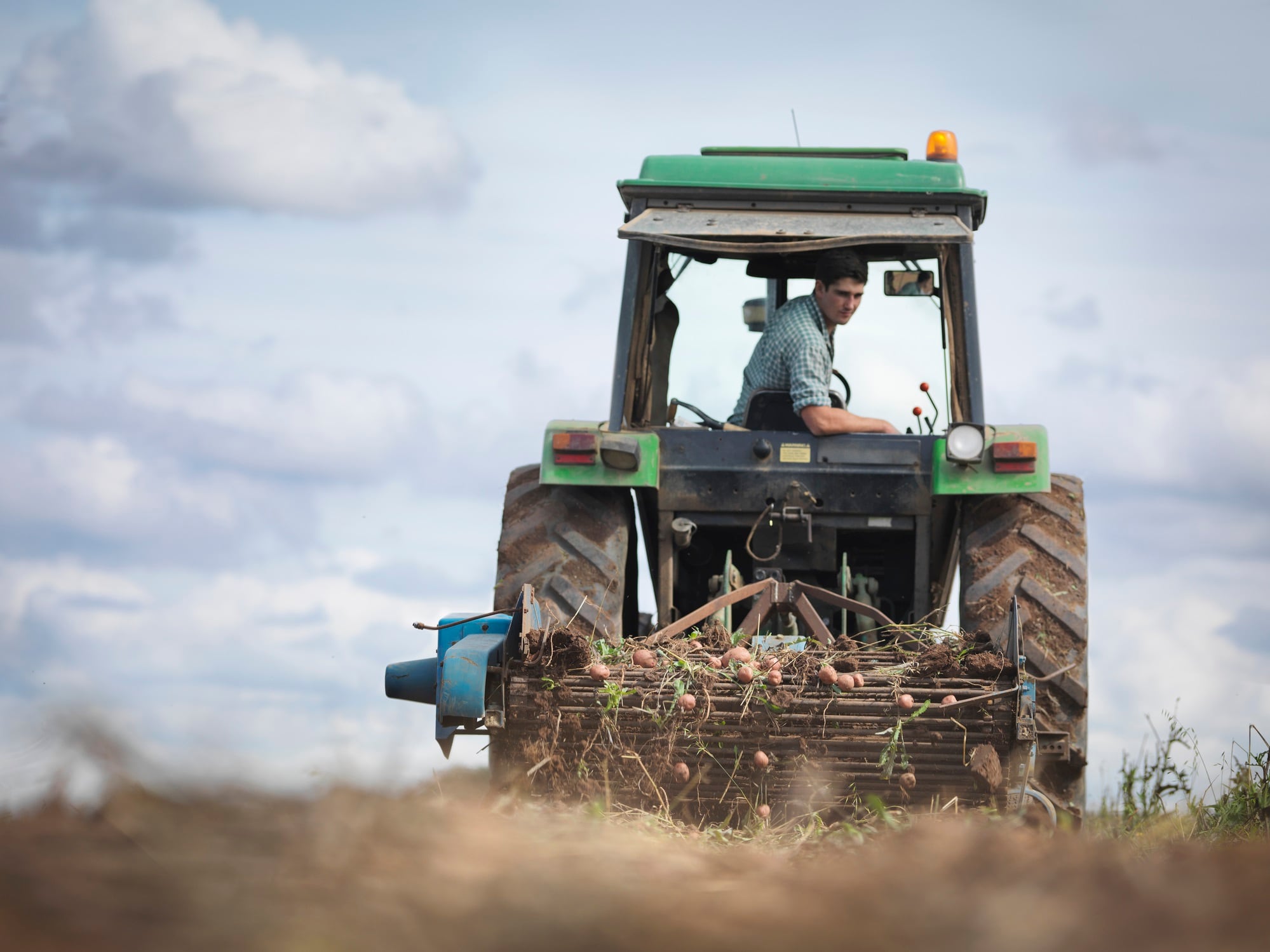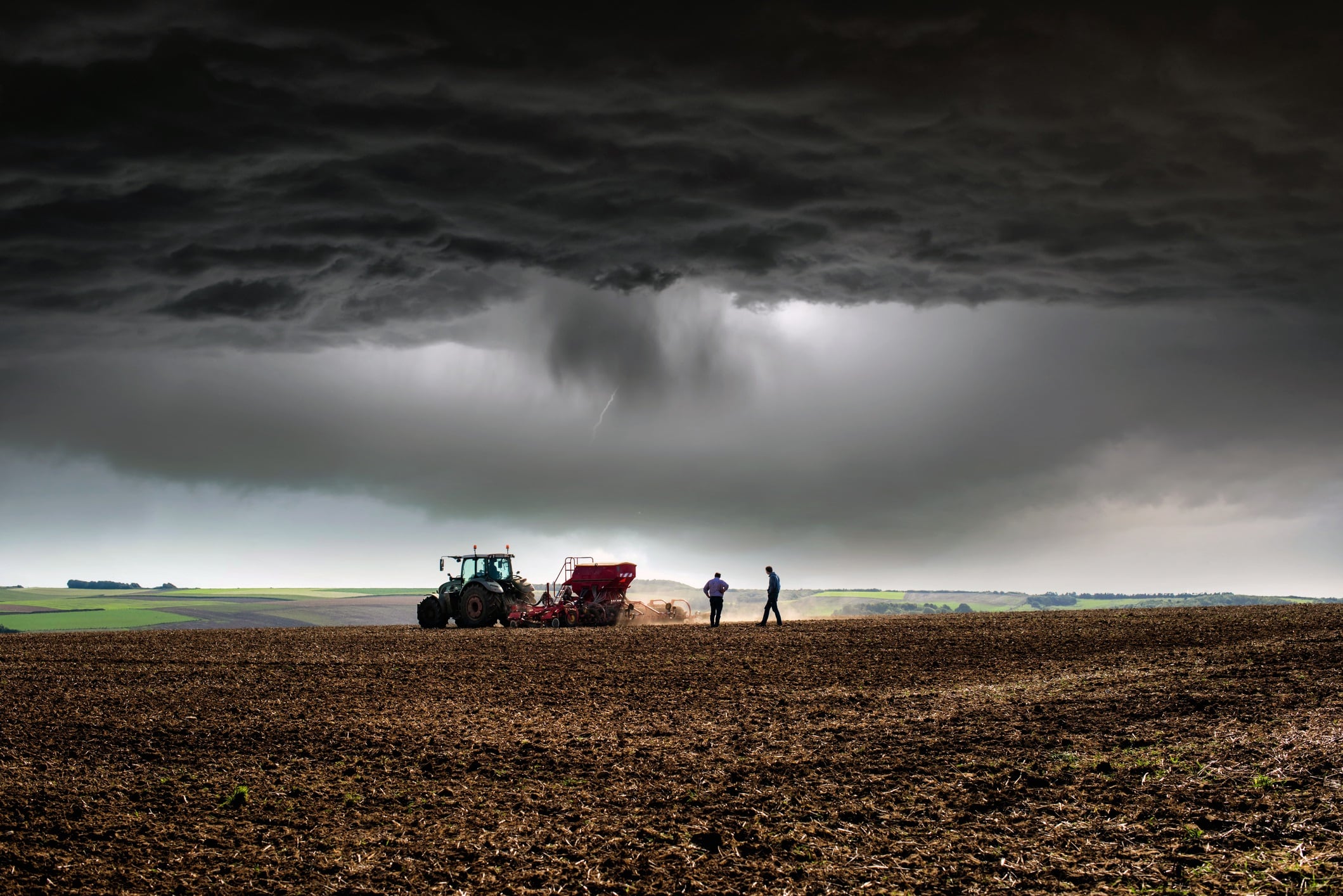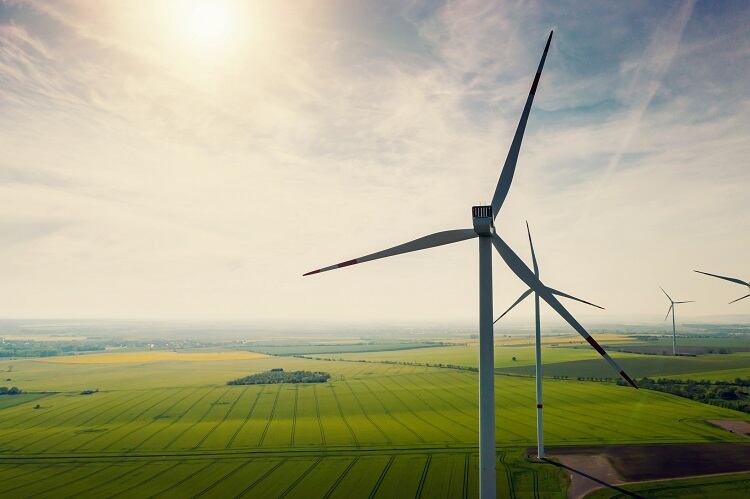Food security is arguably the single biggest challenge facing humanity. But with climate experts claiming half the world’s crops are at risk of extinction and geopolitical dangers disrupting global supply chains, it’s easy to think there really is no hope... until you meet Jack Bobo.
Speaking at Flora Food Group’s, The Next Generation of Food Conference in Wageningen, Bobo said he firmly believes the global food system is a major success story.
And he’s not alone, Dr Gunhild Anker Stordalen wholeheartedly agrees.
“The global food system has been a massive success,” she says. “It has done exactly what it was built to do, which is to produce large amounts of cheap calories and meat at scale. And thanks to breakthroughs in farming, from crop science and irrigation to fertilisers and pesticides, per person calorie availability has doubled since the 1940s.”
That doubling means that there are actually 50% more calories available than is needed to feed the current global population of eight billion people. The problem is that those calories are being badly distributed, resulting in some nations suffering from obesity epidemics while others suffer from famine.
What’s more Bobo, who recently took on the role of executive director at the Rothman Family Institute for Studies UCLA, believes food production is heading in the right direction.
Food-related CO₂ emissions are falling globally. This is a result of systemic industry changes including regenerative agriculture, cutting food waste, and energy-efficient production methods.
Added to that, the importance of biodiversity in future food security is quickly gaining attention from governments around the world. The European Union has established a “comprehensive and ambitious” Biodiversity Strategy to protect nature and reverse the degradation of ecosystems. Similarly the African Union has launched its Biodiversity Strategy And Action Plan, and the UK has created a National Biodiversity Strategy And Action Plan aiming to tackle biodiversity loss.
But as positive as the story of food production is, and as important as the existing efforts to protect future food security are, there is a serious flaw with the current system - the speed of change.
“In many ways, things are not bad and getting worse,” says Bobo. “They are good and getting better. But not fast enough.”
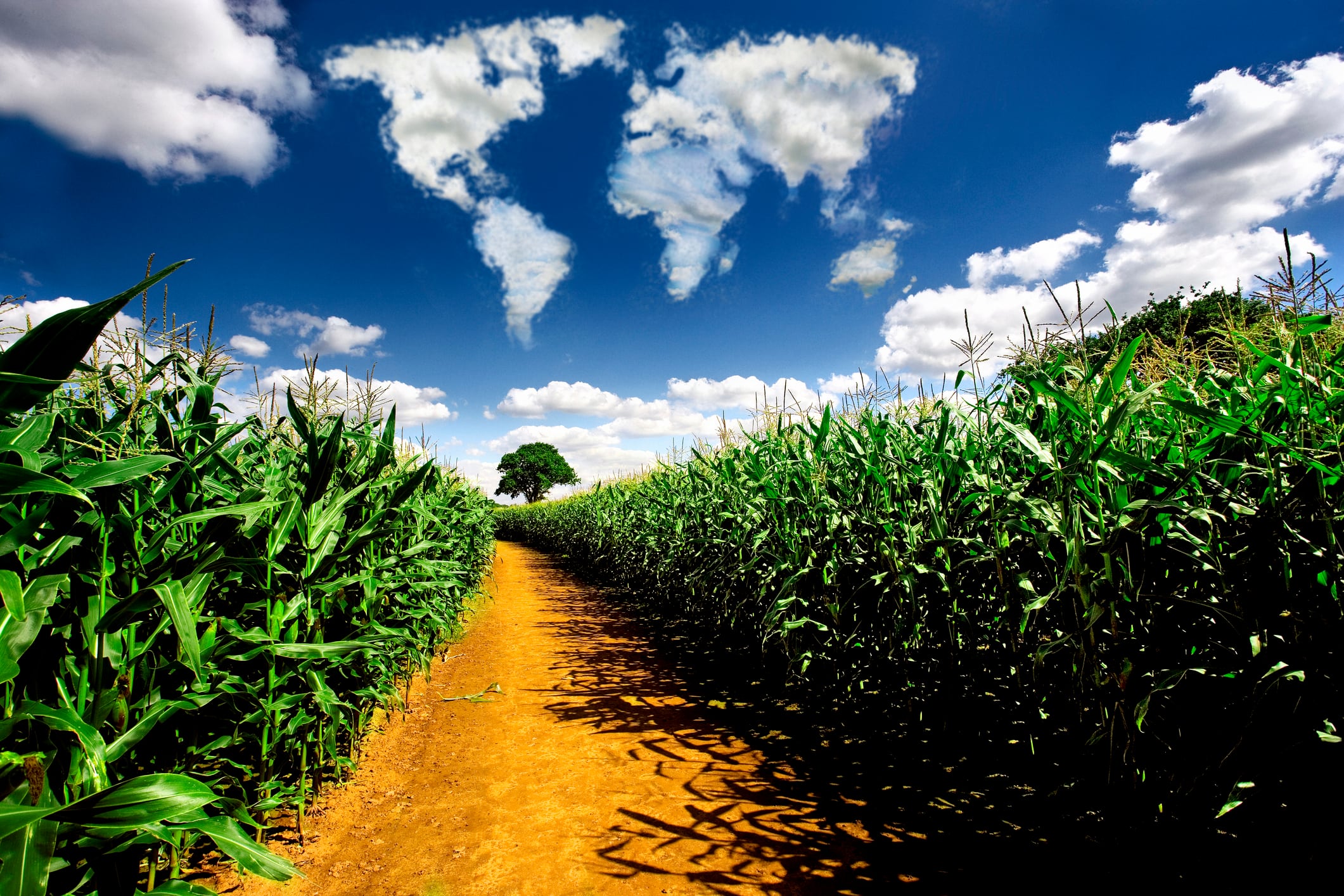
Protecting future food security
Future food security lies in continuing to evolve food systems to better serve the planet, and that relies on innovation. But, says Bobo, people love innovation almost as much as they despise change. And one is quite clearly hindering the other.
The problem he says is that we’re asking people to sacrifice for the future, rather than asking them to embrace the future. In other words, we need to change the narrative.
“How we talk about this determines whether or not people resist it or work with us to do better faster,” says Bobo.
Ten percent of people in the world today are going to bed hungry. But 30 years ago that figure was at 20%, and 60 years ago it was at 30%.
“It’s possible for a number to be absolutely unacceptable but still wildly better than where things were in the past,” says Bobo. “Understanding the past helps us to appreciate the present and prepare for the future.”
Child mortality rates are low and dropping. The total number of under-five deaths worldwide has declined from 12.8m in 1990 to 4.8m. The number of neonatal deaths has also seen a drop from 5.2m to 2.3m (World Health Organization).
“The world is a wildly better place,” says Bobo. “We produce more cereals today than we did in 1960 on basically the same amount of land, and it’s risen faster than the global population, which is the reason hunger has declined as a percentage of the population.”
Industry, he says, needs to focus on how it can work with farmers and consumers to accelerate the pace of innovation for positive change.
The next 25 years are the most important there will ever be in the history of agriculture
Jack Bobo, Rothman Family Institute for Studies UCLA
Furthermore suppliers, manufacturers, retailers and consumers need to plan for a different food system in the future rather than anchoring plans in the system that currently exists.
“We need to stop preparing for the future we expect and create the future that we want,” says Bobo.
And population growth won’t go on forever. In fact, the global population is set to plateau in 2050 and then peak at around 10.3bn in the mid-2080s, before it begins to fall again (United Nations).
This means the food industry won’t need to scale-up production forever, just until the population peaks. But getting to that point will still take a united effort from all industry stakeholders.
“The next 25 years are the most important there will ever be in the history of agriculture, and that’s why we need to get it right,” says Bobo.
But he remains positive that it’s possible.
“We can do better,” he says. “We can have a better future and a more sustainable future at the same time.”
